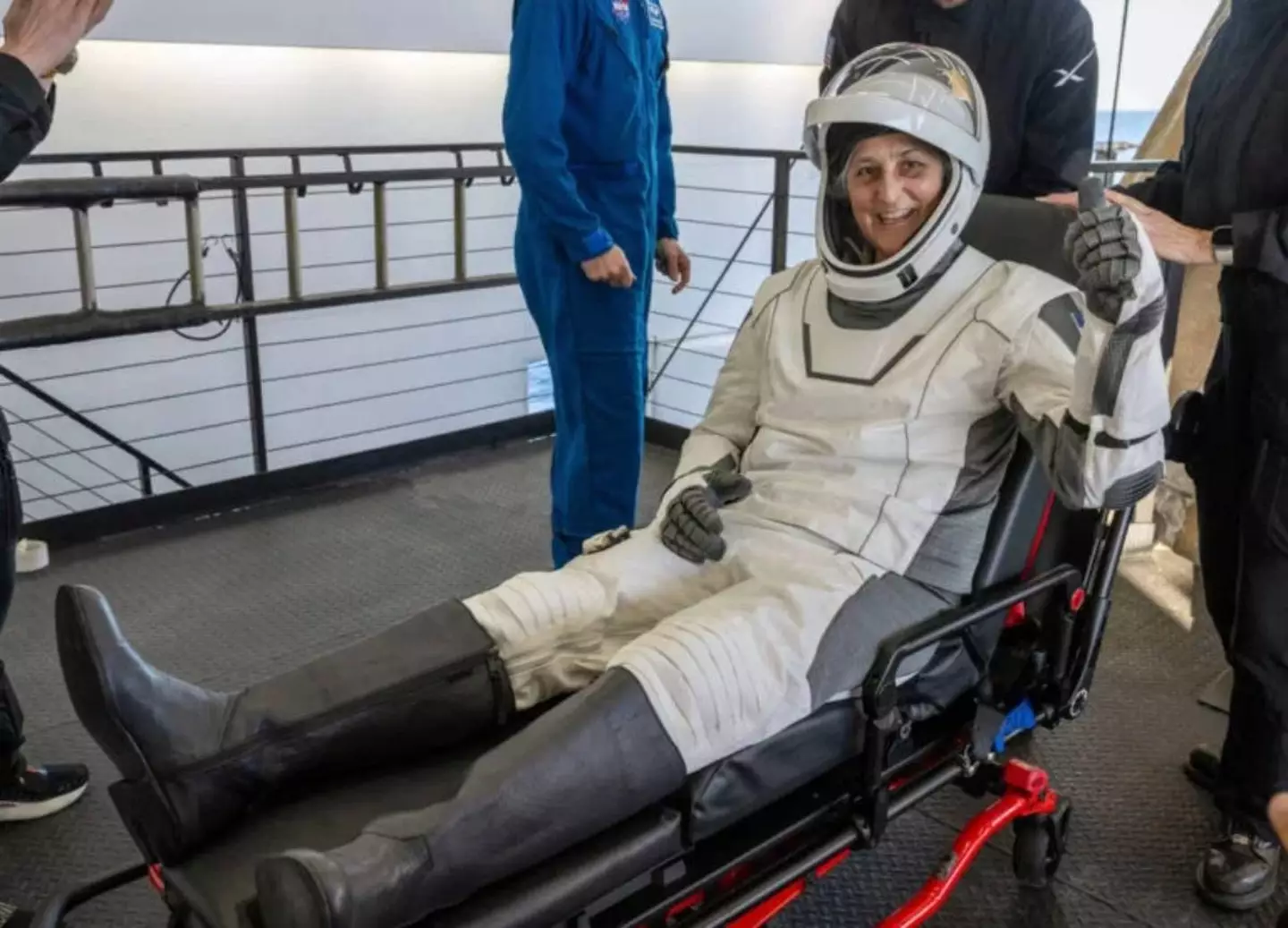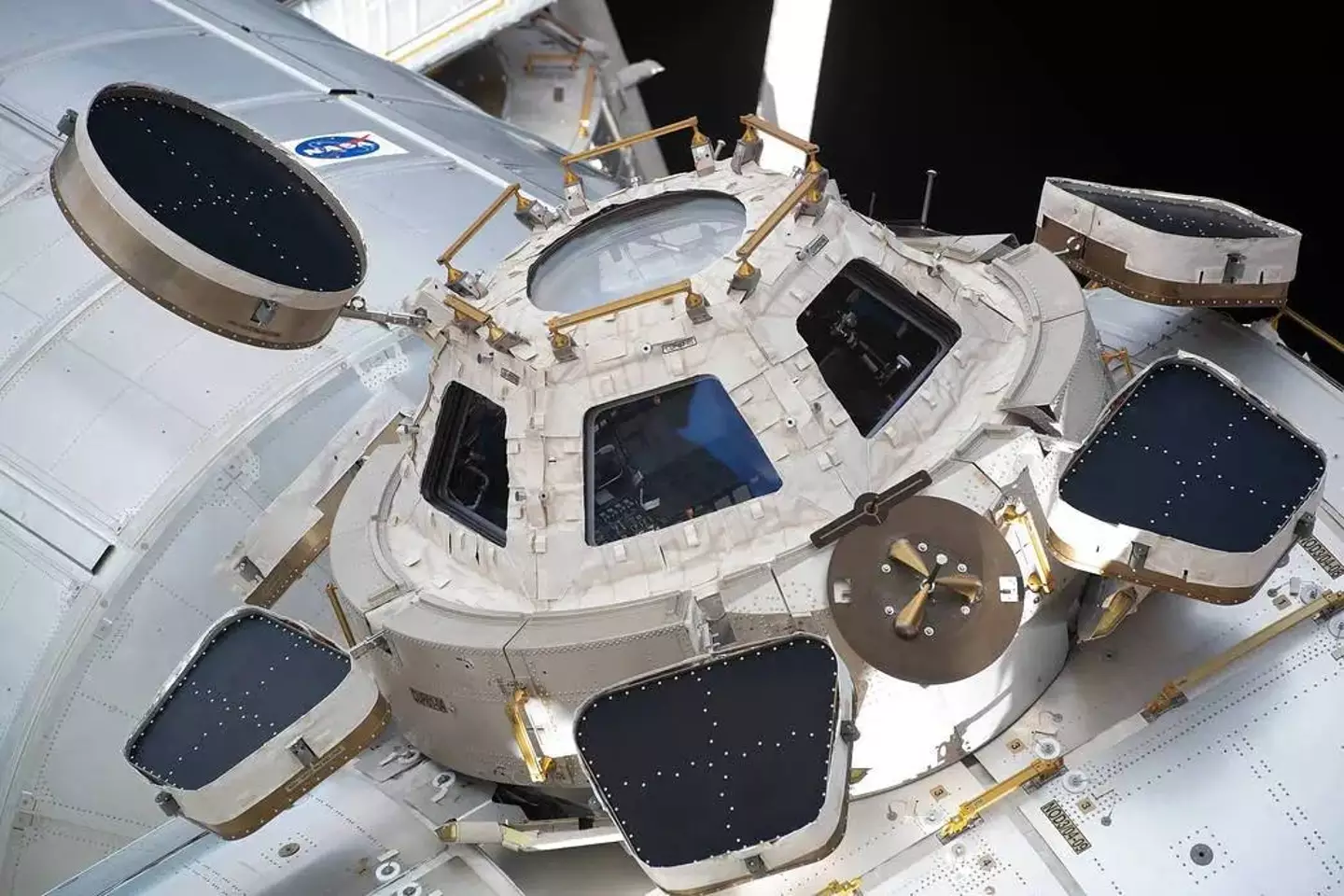
While no human being has set foot on the Moon since 1972, that's all about to change thanks to SpaceX's Artemis missions.
Heading into space is an adventure few of us get to experience, and as of April 2025, only 379 Americans have ever been able to claim that honor.
Still, the space industry continues to evolve, with even celebrities like Katy Perry able to reach for the stars.
As Jeff Bezos' Blue Origin tries to capture the 'space tourism' market, Elon Musk's SpaceX is already looking even further afield in hopes of colonizing Mars.
Advert
We already saw the shocking effects that struck Suni Williams and Butch Wilmore when they were stuck in space for 286 days, but that's nothing compared to Francisco 'Frank' Rubio spending 371 days up in the stars.
Due to a lack of gravity, astronauts tend to face muscle wasting and the dangers of osteoporosis if they spend an extended amount of time in space, while there's an increased chance of cancer due to being blasted by excess radiation.

A team of scientists from the University of California has been looking at how time in low gravity can affect us on a cellular level, sending stem cells to the International Space Station and seeing how they were affected on supply missions that lasted between 32 and 45 days.
Research suggests that the stem cells lost their ability to create new and healthy cells, they were also more likely to be afflicted with DNA damage, and the protective caps at the end of the chromosomes were shortened. This is all linked to excessive ageing.
Discussing the findings, Professor Catriona Jamieson, director of the Sanford Stem Cell Institute (SSCI) at the University of California, explained: "Space is the ultimate stress test for the human body. These findings are critically important because they show that the stressors of space – like microgravity and cosmic galactic radiation – can accelerate the molecular aging of blood stem cells."
The report was titled “Nanobioreactor detection of space-associated hematopoietic stem and progenitor cell aging" and was published in Cell Stem Cell. Jamieson's team concluded: "These short-duration spaceflight models of accelerated HSPC aging may provide insights into terrestrial human aging and age-related malignancies."
Earlier studies from NASA showed how time in space can affect immune function and the length of our telomeres. The authors added: "In the stressful environment of low-earth orbit (LEO), which has been increasingly used for scientific discovery and commercial manufacturing, fundamental physical phenomena shift, leading to changes in immune function, metabolic processes, and other physiological responses."

This latest study follows the infamous NASA Twins Study, where astronaut Scott Kelly spent 340 days on the ISS and his identical twin (Mark) stayed on Earth. Similar to Jamieson's findings, the study noted that there was an increase in the number of short telomeres.
Stresses like these can impair immune function or increase the chances of contracting certain diseases. Thankfully, some of these stem cells managed to start reversing the damage when placed in a healthy environment, suggesting that astronauts might not be permanently affected by these changes.
Still, for those who plan on blasting off to a new frontier, it's just another concern to be looking out for.